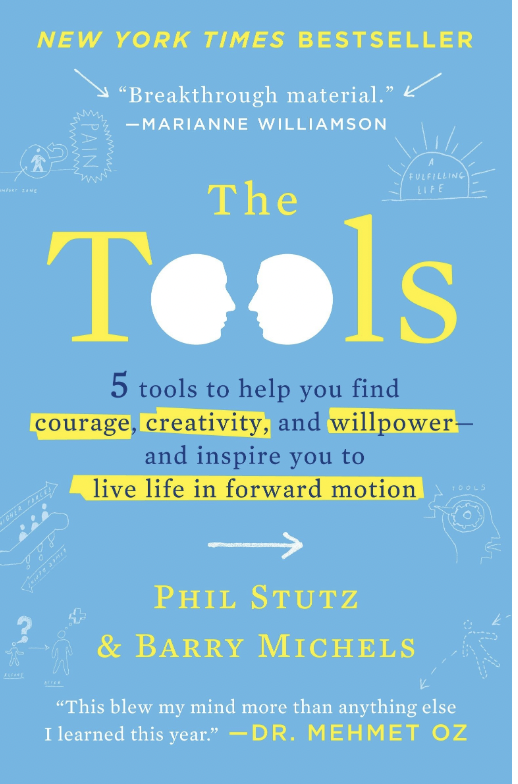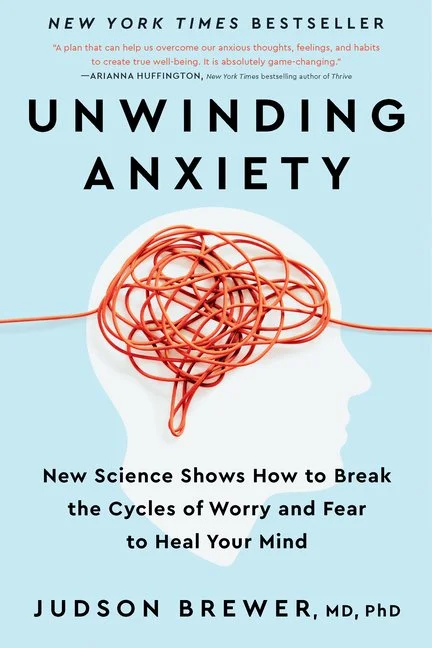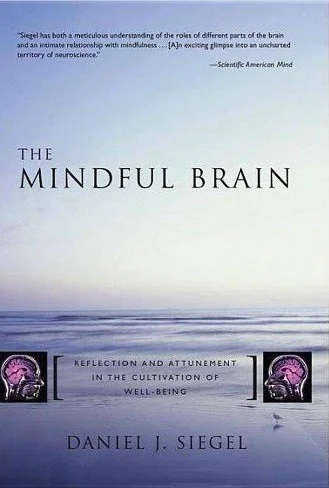Psychotherapy
If you decide you'd like to make an appointment for psychotherapy, you should feel comfortable with both the doctor you choose to help you as well as her treatment methods.
For more information on my approach to treatment, check out How I Work & What to Expect. If you are interested in pursuing psychotherapy to help you resolve your difficulties, you should ask the doctor many questions so that...
1) You have a secure understanding of what you can expect,
2) You can assess whether her particular way of working appeals to you.
As a psychotherapy or coaching client, you are a consumer.
It is your right to ask questions, to have expectations, and to become informed about what you are signing up for.
Remember, all psychotherapy is NOT created equal; psychotherapists and methods can differ greatly in their effectiveness.



















